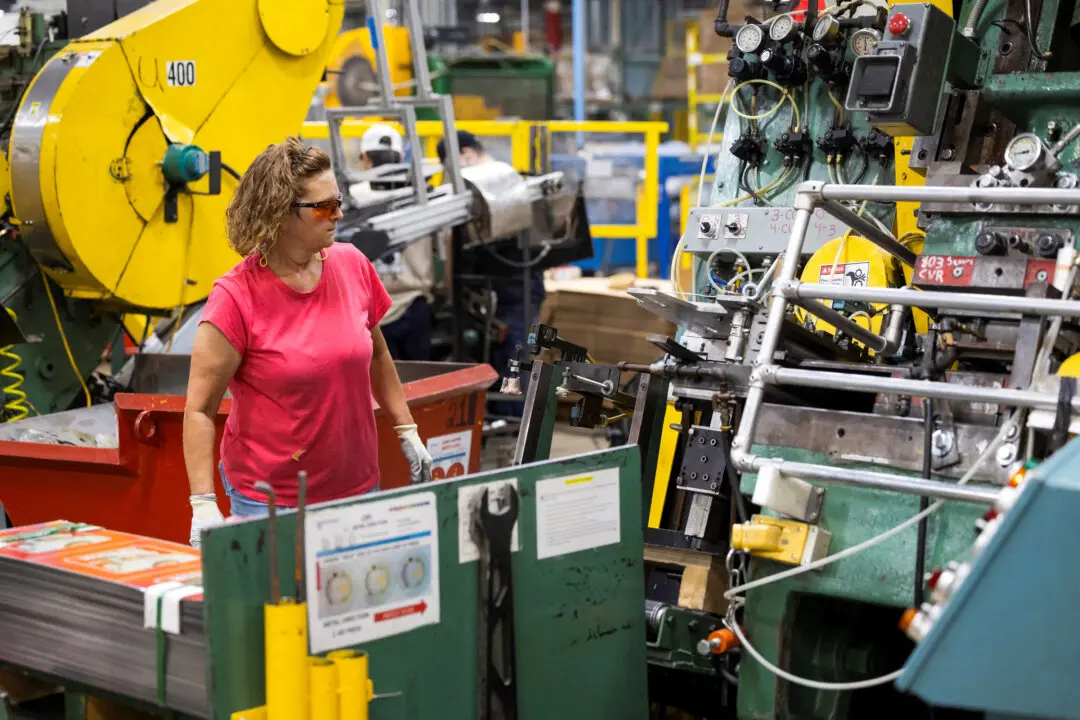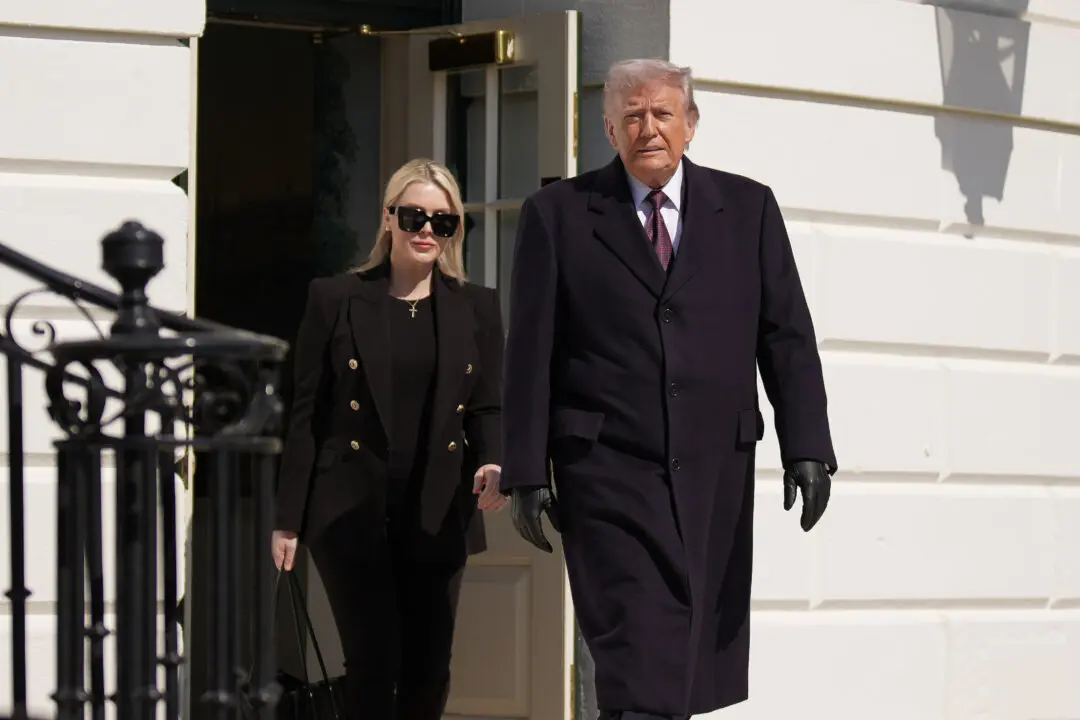American metal manufacturers and labor unions have applauded President Donald Trump’s proposal of tariffs on steel and aluminum imports. Despite rising domestic and international criticism, companies, workers, and lawmakers are pushing Trump to follow through on his commitment to defend American steel and aluminum.
“The steel and aluminum sectors have been under attack by predatory trade practices,” Leo W. Gerard, president of the United Steelworkers union said in a statement.





